Lights, camera, leadership: Deming in movies and TV
Put down that airport business book, grab some popcorn, and turn on Netflix.
When you think about leadership lessons, you probably imagine boardrooms, management books, or MBA lectures—not starship captains, soccer coaches, or fashion editors. But some of the clearest examples of good (and bad) leadership actually come from our favorite movies and TV shows. Through these characters, we see W. Edwards Deming’s timeless teachings come to life: trust beats fear, systems matter more than scapegoats, and real leaders commit to learning and improvement.
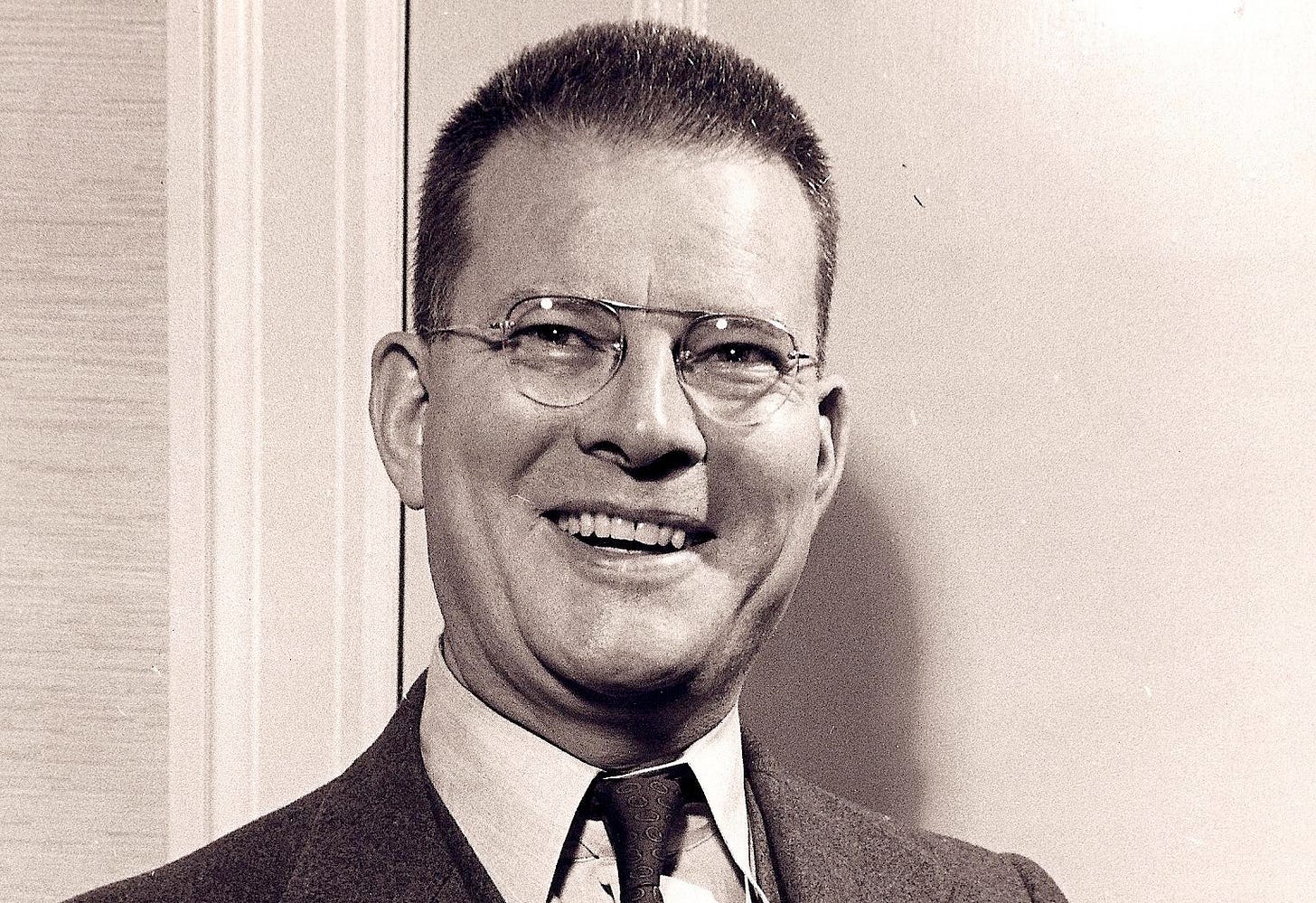
Who was W. Edwards Deming?
Dr. W. Edwards Deming was a statistician, thinker, and management revolutionary. After World War II, he helped Japan rebuild its industries by teaching executives a radical new way of thinking: don’t blame workers when things go wrong—fix the system that sets them up to fail. His ideas sparked the quality movement and helped Japan’s economy boom. His leadership philosophy is captured in what he called the System of Profound Knowledge:
Appreciation for a system – Organizations succeed when people see how their parts work together.
Knowledge of variation – Leaders must understand that not all mistakes are equal; many come from normal fluctuations in a system.
Theory of knowledge – Improvement requires learning and testing ideas, not slogans or wishful thinking.
Psychology – People work best when they feel safe, respected, and trusted.
Deming leaders of film & TV
When we shift from boardrooms to big screens, it’s surprising how often great leadership principles show up in the characters we love. From starship captains to soccer coaches, these TV and film leaders embody Deming’s teachings in ways that make his ideas vivid and unforgettable.
Captain Jean-Luc Picard
Star Trek: The Next Generation
Captain Jean-Luc Picard, the commanding officer of the USS Enterprise-D in Star Trek: The Next Generation, is one of television’s most enduring portrayals of thoughtful leadership. He is principled, diplomatic, and deeply curious, preferring dialogue and reason over force. Unlike more swashbuckling captains, Picard is reflective and intellectual, often quoting literature or history, and he commands with a steady calm rather than fiery charisma. His crew respects him not only for his authority but for his fairness, moral compass, and ability to listen deeply before making a decision.
Picard’s leadership aligns remarkably well with W. Edwards Deming’s teachings. Deming argued that most organizational failures are not due to lazy or incompetent individuals, but to flawed systems and poor leadership. Picard embodies this systemic view: he treats mistakes not as reasons for punishment but as signals that processes need examination and improvement. He cultivates a culture of trust where crew members feel empowered to voice concerns, share ideas, and even challenge him respectfully. In Deming’s terms, Picard excels at appreciating the system as a whole and driving out fear, enabling his crew to work at their highest potential.
One clear example of Picard’s Deming-style leadership comes in the episode “Lessons.” When Lieutenant Commander Nella Daren, head of Stellar Sciences, makes a critical miscalculation that nearly endangers the ship, Picard doesn’t respond with anger or blame. Instead, he takes the time to review the process that led to the error, ensuring safeguards and communication channels are strengthened so it won’t happen again. This mirrors Deming’s principle that leaders must “fix the process, not the worker.” By addressing the system rather than humiliating an individual, Picard preserves trust on his team while also improving the ship’s operations.
Coach Ted Lasso
Ted Lasso
Ted Lasso, the endlessly optimistic American football coach turned English soccer manager in the series Ted Lasso, is defined by his warmth, humor, and relentless belief in people. He doesn’t rely on tactical genius or technical expertise—in fact, his lack of knowledge about the sport is part of the show’s charm. What sets Ted apart is his ability to connect with others, disarm cynicism with kindness, and cultivate a sense of belonging among players and staff. His leadership is grounded in empathy and a conviction that relationships and trust matter more than ego or power.
Ted’s style exemplifies Deming’s emphasis on psychology—understanding what motivates people and removing fear from the workplace. Deming argued that fear cripples performance, while trust and safety unleash creativity and improvement. Ted lives this principle every day. He doesn’t berate players for mistakes or threaten them with consequences; instead, he nurtures an environment where vulnerability is welcomed and failure is treated as part of the learning process. His belief in each individual reflects Deming’s idea that leaders must respect and develop people as the system’s most valuable resource.
A great example comes after AFC Richmond loses yet another match. Instead of storming the locker room with anger or demanding results, Ted invites the players to reflect openly on what went wrong. He encourages them to share their perspectives without fear of judgment, even poking fun at himself to break the tension. This is Deming in action: Ted drives out fear, allowing honest dialogue and shared ownership of improvement. The result isn’t immediate victory on the field—it’s the cultivation of a team culture built on trust, which ultimately makes long-term success possible.
Miranda Bailey
Grey’s Anatomy
Dr. Miranda Bailey, one of the central figures in Grey’s Anatomy, begins her career as a tough, uncompromising surgical resident supervisor with the nickname “The Nazi.” Over time, however, her character evolves into one of the show’s moral anchors—a brilliant surgeon who balances high expectations with genuine care for her colleagues. Bailey is respected not only for her skill but also for her fairness and her deep commitment to patient safety and to developing the next generation of doctors. She is demanding, but never arbitrary, and her drive comes from a passion for medicine rather than ego.
Bailey’s leadership style exemplifies Deming’s principle of constancy of purpose—keeping patient safety and long-term learning at the center of all decisions. Deming argued that leaders must see errors as signals to improve the system, not as excuses to punish individuals. Bailey demonstrates this by insisting on rigorous training, structured learning, and honest assessment. She doesn’t believe in cutting corners or assigning blame for its own sake; she sees mistakes as opportunities to strengthen the hospital’s processes. In Deming’s terms, Bailey consistently invests in capability, ensuring that her team is equipped not just to succeed today but to keep improving in the future.
In Season 6’s “Give Peace a Chance,” when a resident fails in a high-stakes surgical case, the rest of the team is ready to scapegoat him. Bailey refuses to accept the easy answer. Instead, she calls for a thorough case review, dissecting every step of the procedure and the preparation that led up to it. She insists that the focus must be on whether the system of training and support was adequate, not on punishing the resident for a single outcome. This moment captures Deming’s philosophy perfectly: leaders must focus on fixing the process and building capability rather than assigning blame.
King T’Challa
Black Panther
T’Challa, the Black Panther and ruler of Wakanda in the Marvel Cinematic Universe, is portrayed as a noble, thoughtful, and deeply principled leader. He carries the heavy burden of his father’s legacy while trying to navigate the responsibilities of kingship in a world that is rapidly changing. Unlike many superheroes who act primarily as lone vigilantes, T’Challa is always balancing his personal values with his duty to his people. His character arc is defined by the tension between tradition and progress, as he evolves from protector of Wakanda’s secrets to a global statesman who seeks to share his nation’s gifts with the world.
T’Challa embodies Deming’s principle of continual learning and adaptation. Deming taught that organizations must never grow complacent—systems must evolve if they are to survive. At first, T’Challa clings to Wakanda’s longstanding system of isolation, believing it to be the safest path forward. But as he witnesses the consequences of his father’s choices and the needs of the wider world, he begins to understand that real leadership requires change. This reflects Deming’s insistence on constancy of purpose—not rigid tradition, but a commitment to a future that serves people more effectively.
By the end of Black Panther, T’Challa makes the bold decision to reveal Wakanda’s true power and resources to the outside world. He establishes outreach centers and commits Wakanda to becoming an active participant in global progress. This act directly mirrors Deming’s principle of embracing new knowledge and improving systems through learning. Rather than protecting a status quo that would eventually weaken Wakanda, T’Challa adapts the system for resilience and growth, showing that constancy of purpose means leading your people toward a better future, not clinging to the past.
Katniss Everdeen
The Hunger Games
Katniss Everdeen, the heroine of The Hunger Games series, is a reluctant but authentic leader. She doesn’t seek power or influence; instead, she’s motivated by love for her family and a fierce sense of justice. Katniss is resourceful, courageous, and principled, often thrust into positions of responsibility because others recognize her integrity and resilience. What makes her such a compelling leader is that she never pretends to be something she’s not—her honesty and unwillingness to play political games are what inspire others to follow her.
Katniss’s leadership reflects Deming’s principle of appreciation for a system. She understands instinctively that the problem in Panem is not individual weakness but the Capitol’s design of oppression. Where others are quick to blame or punish, Katniss constantly reminds people that the true enemy is the system itself. Deming taught that when organizations fail, it is almost always because the system is broken, not because the individuals inside it are incapable. Katniss demonstrates this systemic perspective, refusing to scapegoat those caught in the Capitol’s web.
During the rebellion, when leaders in District 13 propose harsh punishments for those who falter or appear disloyal, Katniss resists. She insists that the oppressed citizens are not the problem—the Capitol has engineered a system designed to instill fear and pit people against one another. By shifting the focus from blaming individuals to dismantling the oppressive structure, Katniss acts out Deming’s teaching that true improvement comes only from changing the system. Her clarity about where the real enemy lies makes her an effective and deeply Deming-aligned leader.
Anti-Deming leaders
Of course, not every leader on screen reflects Deming’s wisdom. Some of the most memorable characters show us exactly what not to do—ruling by fear, gimmicks, or pure self-interest—and serve as cautionary tales of anti-Deming leadership.
Miranda Priestly
The Devil Wears Prada
Miranda Priestly, the formidable editor-in-chief of Runway magazine in The Devil Wears Prada, is a portrait of icy authority and perfectionism. She is brilliant, stylish, and commands the fashion industry with an almost mythic presence. Her employees admire her taste and influence, but they also fear her wrath. Miranda thrives on maintaining power through intimidation—her cutting remarks and impossible standards leave a trail of frazzled assistants and broken spirits. She achieves results, but her empire runs on fear rather than loyalty or genuine respect.
From the perspective of Deming’s philosophy, Miranda Priestly represents the opposite of good leadership. Deming insisted that fear is poisonous in any organization, because it silences creativity, hides mistakes, and wastes human potential. Miranda leads entirely through fear: she punishes failure harshly, offers little training or support, and sets arbitrary, impossible demands. Instead of focusing on improving systems or developing people, she relies on pressure and intimidation to keep her team performing. This is the very “management by fear” that Deming condemned as one of the greatest wastes in organizations.
One of the most infamous examples comes when Miranda demands that her assistant Andy procure the unpublished Harry Potter manuscript overnight. The task is virtually impossible and unrelated to Andy’s actual responsibilities, but Miranda uses it as a test of loyalty and resourcefulness. In Deming’s terms, this is management by arbitrary quotas and fear, not by process or learning. It creates panic and wasted effort rather than improving any system of work. The result is predictable: a culture where people scramble to please rather than innovate or grow.
Michael Scott
The Office
Michael Scott, the regional manager of Dunder Mifflin Scranton in The Office, is a walking contradiction. On one hand, he craves love and approval from his employees; on the other, he constantly undermines himself with immature antics and poor judgment. He sees himself as a “world’s best boss,” but his misguided attempts at humor, attention, and leadership often derail productivity. While his heart is sometimes in the right place, his inability to understand how organizations function makes him a constant source of chaos.
Viewed through Deming’s teachings, Michael Scott embodies what leaders should not do. Deming emphasized the dangers of slogans, arbitrary contests, and random interventions—what he called “tampering.” Michael’s leadership is built almost entirely on these practices. Instead of focusing on system improvement or developing his people, he relies on gimmicks, catchphrases, and superficial morale boosters. His style creates variation, confusion, and wasted energy, exactly what Deming warned happens when leaders intervene without understanding the system.
In the “Beach Games” episode, Michael decides to choose his successor by putting employees through a series of absurd Survivor-style challenges. The contest has nothing to do with actual management skills or building capability; it’s random, humiliating, and designed to amuse Michael rather than strengthen the office. This is the epitome of anti-Deming leadership: arbitrary quotas and meaningless competitions that add variation but no improvement. Instead of developing his staff, Michael erodes trust and undermines the very system he’s supposed to lead.
Frank Underwood
House of Cards
Frank Underwood, the central figure of House of Cards, is one of television’s most ruthless depictions of ambition. Charming on the surface but coldly calculating beneath, he manipulates allies and enemies alike to climb the political ladder. Frank’s world revolves around power: every decision he makes is designed to advance his own position, no matter the cost to others. His cunning strategies and lack of conscience make him effective in the short term, but destructive to the systems and relationships around him.
Through the lens of Deming’s teachings, Frank Underwood represents a total rejection of constancy of purpose. Deming believed leaders must serve the long-term health of their organizations and the people they affect. Frank, by contrast, focuses entirely on self-interest and short-term wins. He thrives on fear, secrecy, and manipulation—the very practices Deming warned corrode trust and waste human potential. Instead of nurturing a system to improve over time, Frank destabilizes institutions to serve his immediate ambitions, leaving them weaker in his wake.
One of the clearest examples comes when Frank deliberately sabotages the political career of Peter Russo. Rather than supporting Russo’s growth or considering what his success might mean for the system as a whole, Frank orchestrates his downfall to eliminate a potential obstacle. This act is the anti-Deming archetype: undermining people for short-term advantage rather than improving the system for long-term strength. In Deming’s terms, Frank is the ultimate cautionary tale of what happens when leaders prioritize personal gain over purpose.
Beyond the screen
Great leadership doesn’t just live in management textbooks—it shows up in the stories we tell and the characters we love (and love to hate) on screen. Deming gave us the blueprint: focus on systems, build trust, and drive out fear. Picard, Lasso, Bailey, T’Challa, and Katniss remind us what that looks like when it works. Priestly, Michael Scott, and Frank Underwood warn us what happens when it doesn’t. The beauty of fiction is that it makes these lessons vivid, emotional, and unforgettable. Next time you’re binging a series or rewatching a favorite film, consider the leader in the story and ask yourself: are they building a system where people can thrive—or tearing it down? The answer is often as revealing as any case study.




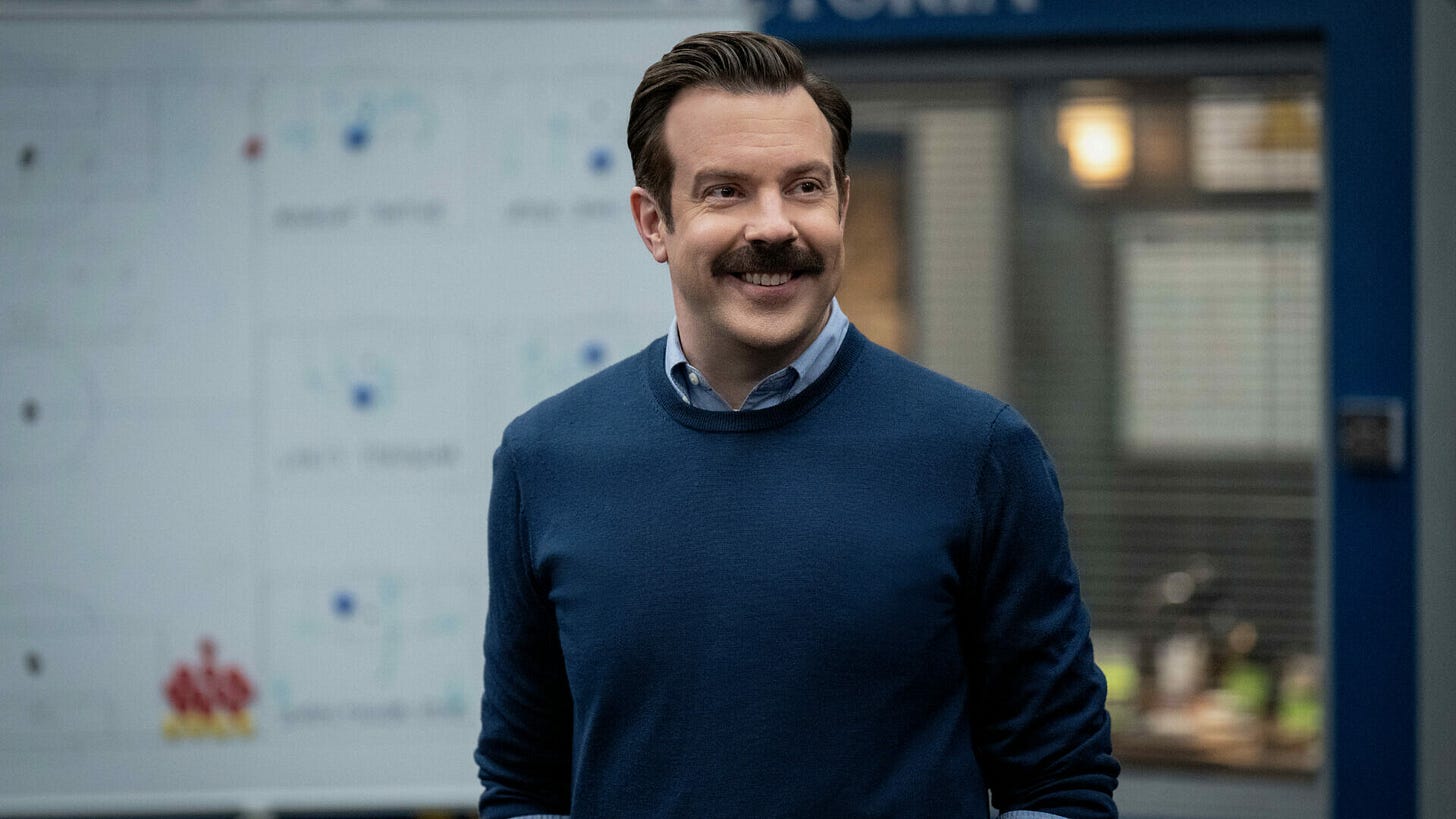

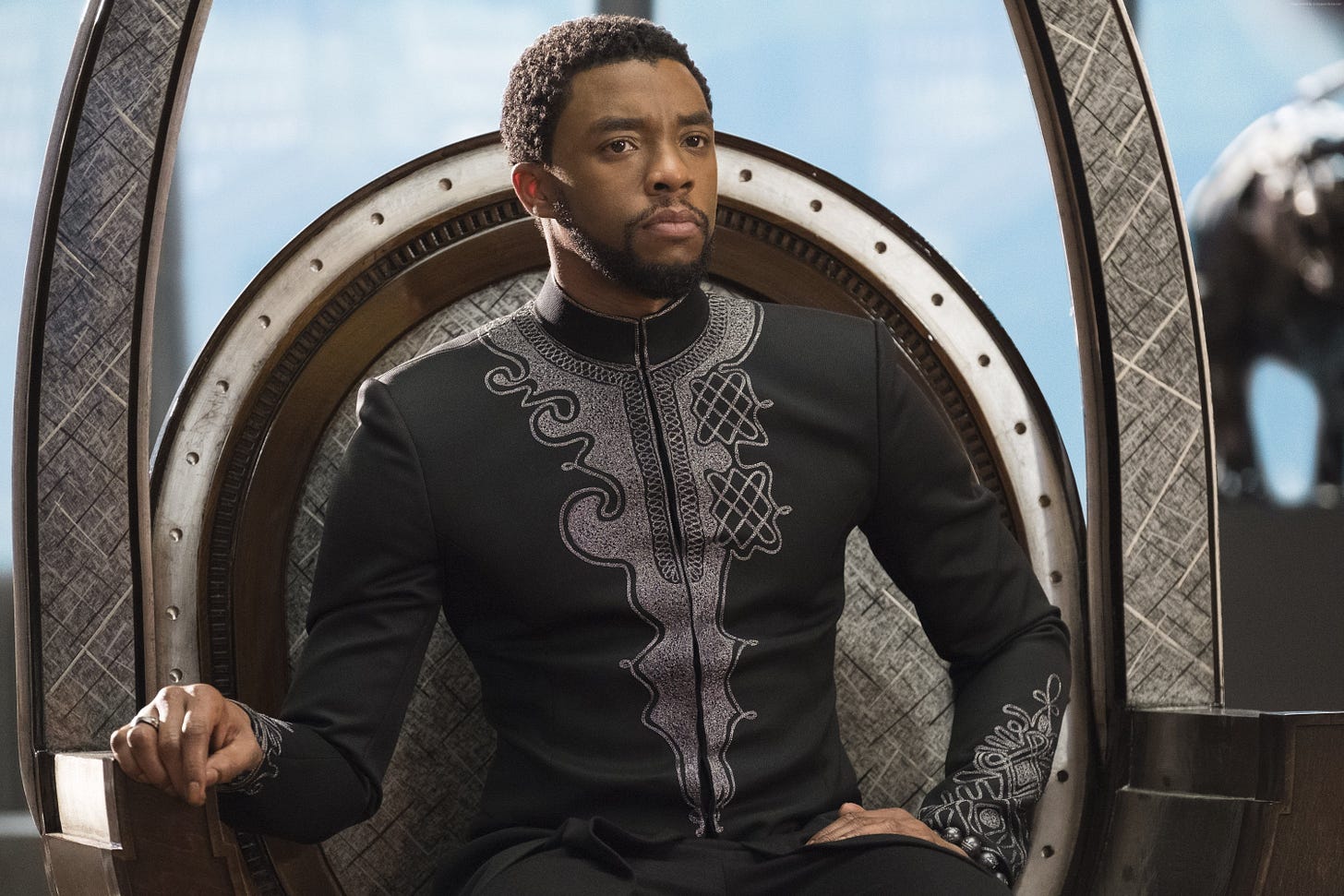

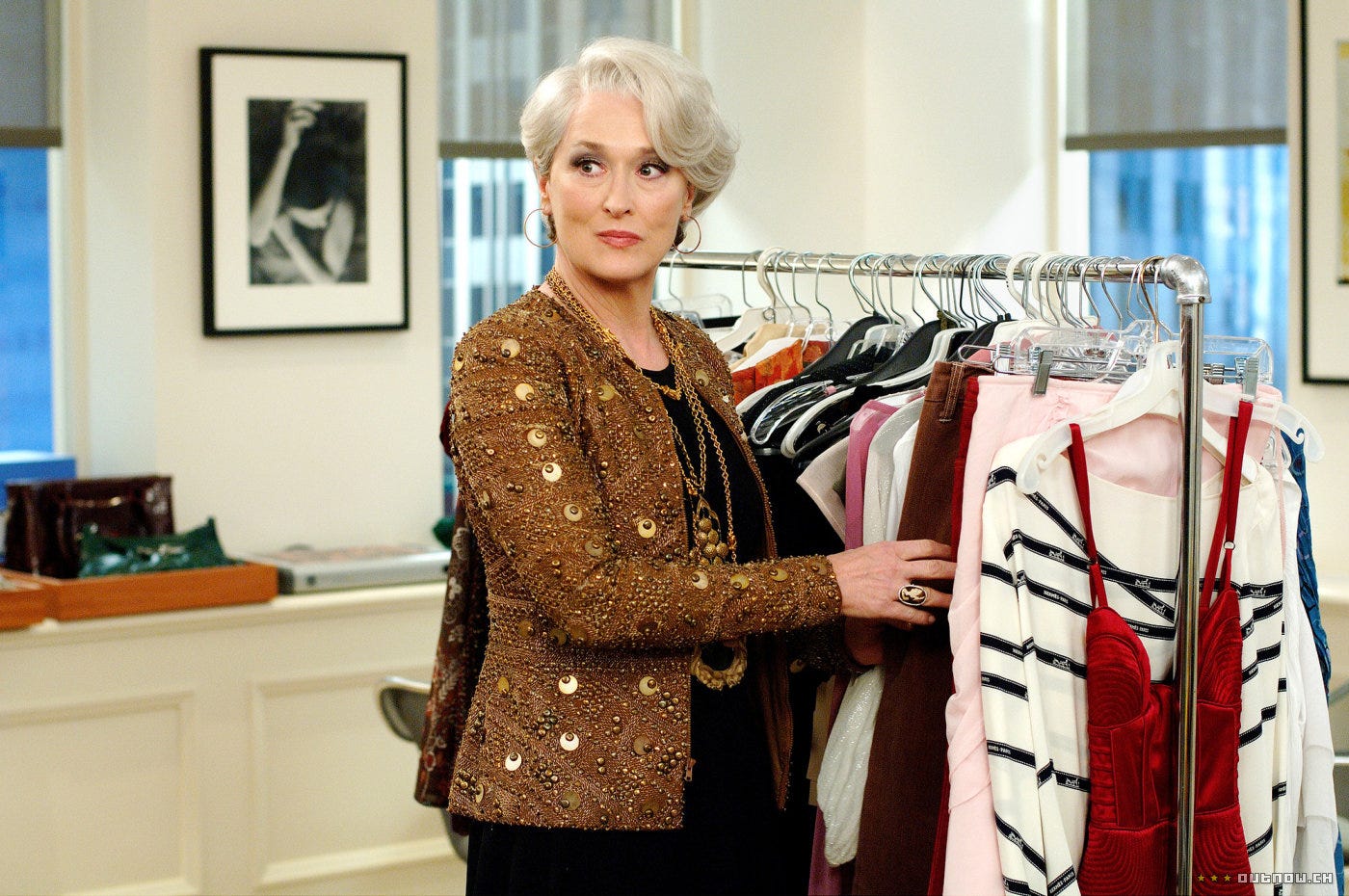
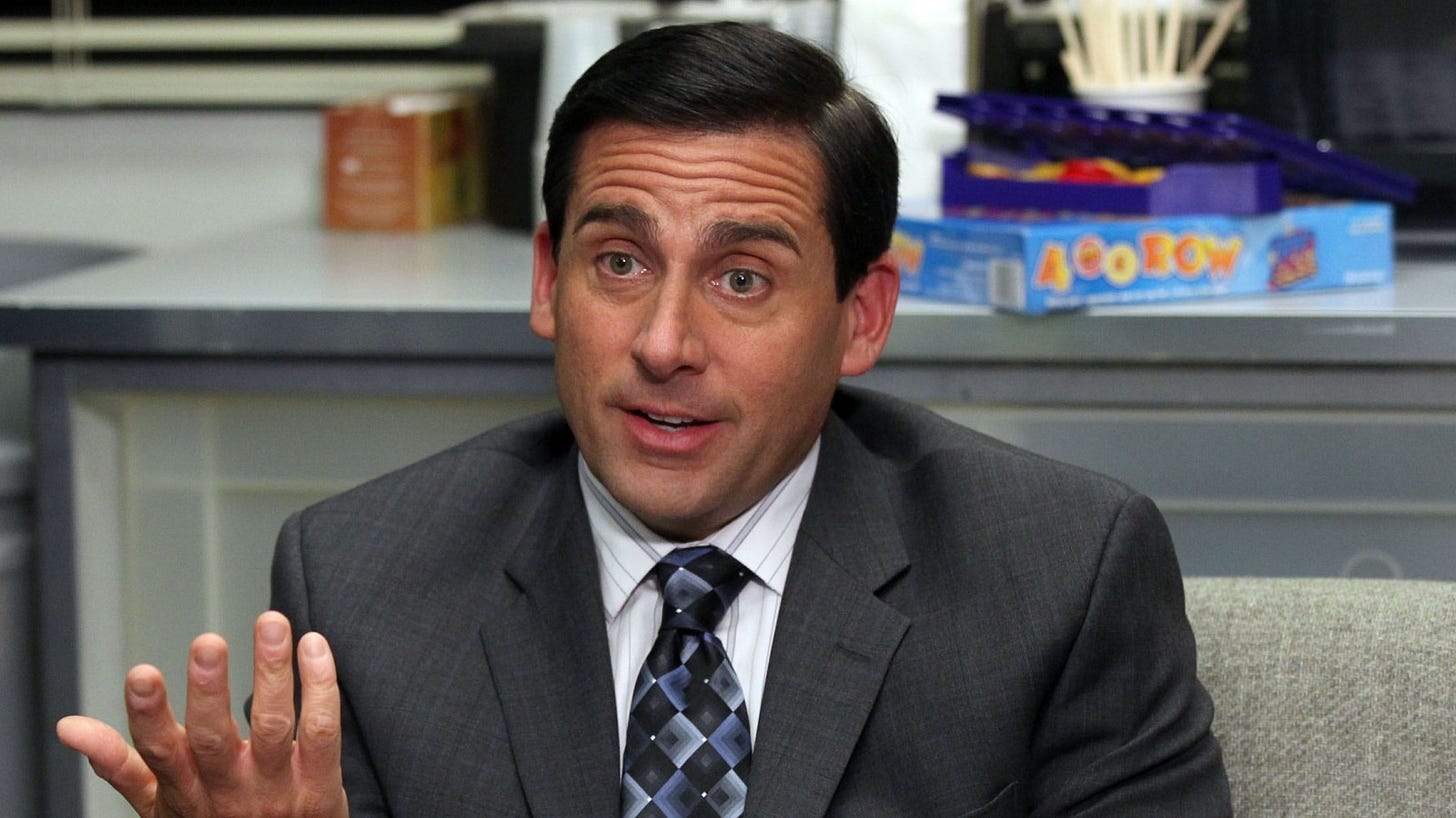
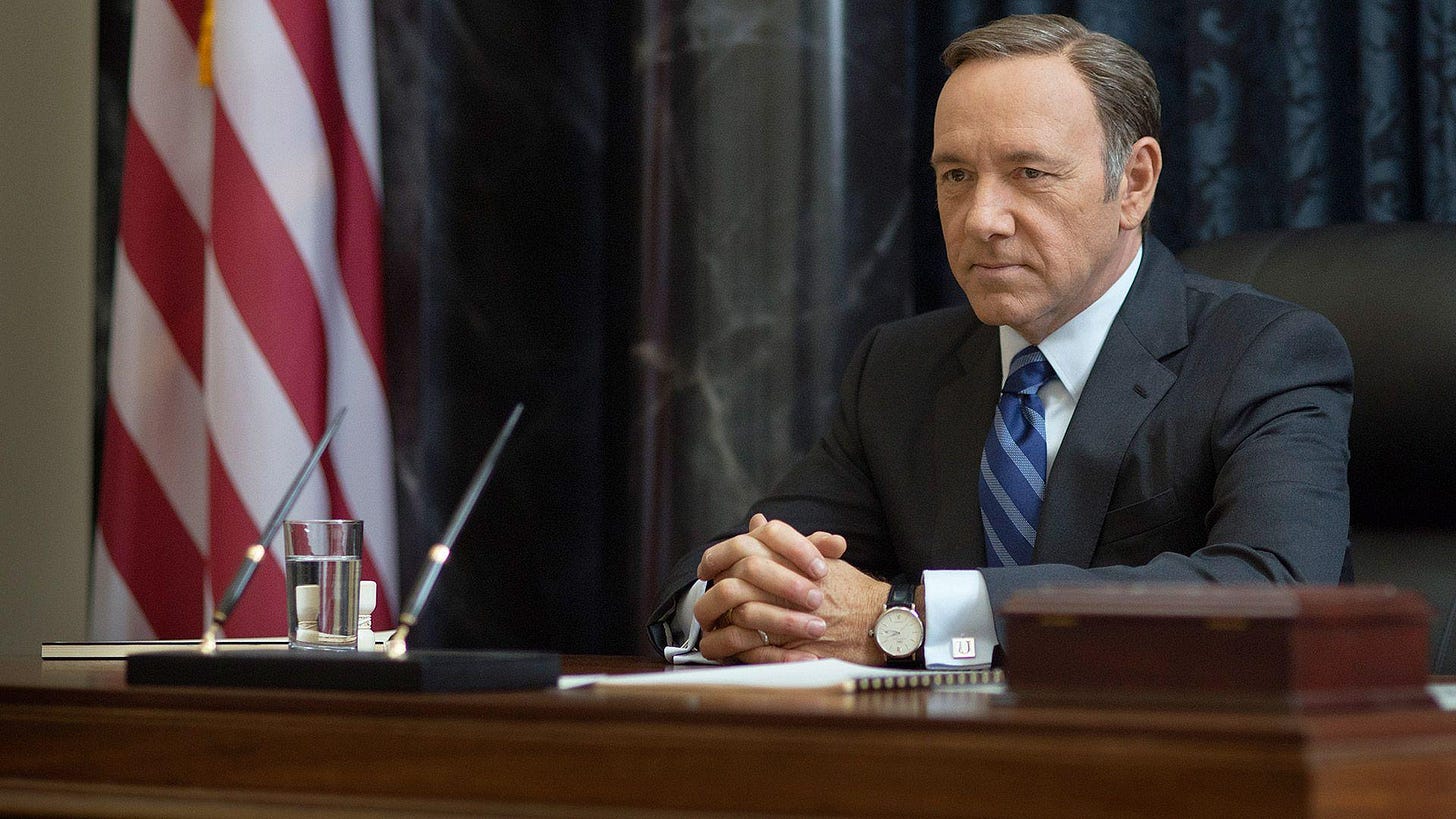
This is a fun read, Michael - really enjoy these kinds of posts that laterally connect Deming to other domains like what you see in entertainment. It kinda proves that his approach isn't something foreign that requires effort to adopt -- it's rather intuitive and many people do it without even thinking about it. He once observed that nothing he taught was new, just forgotten.
With respect to King T'Challa in Black Panther, I'd say what he was striving to do by revealing Wakanda was aligned with Deming's belief in win-win cooperation over win-lose competition. He wrote in The New Economics about the errors American auto manufacturers made in fighting each other for a piece of a fixed market instead of growing and expanding the market with new innovations.
As he wrote: "It would be better if everyone would work together as a system, with the aim for everybody to win."
Great post! Let's collaborate...
https://www.ccjdigital.com/perspectives/contact/15065935/bob-rutherford